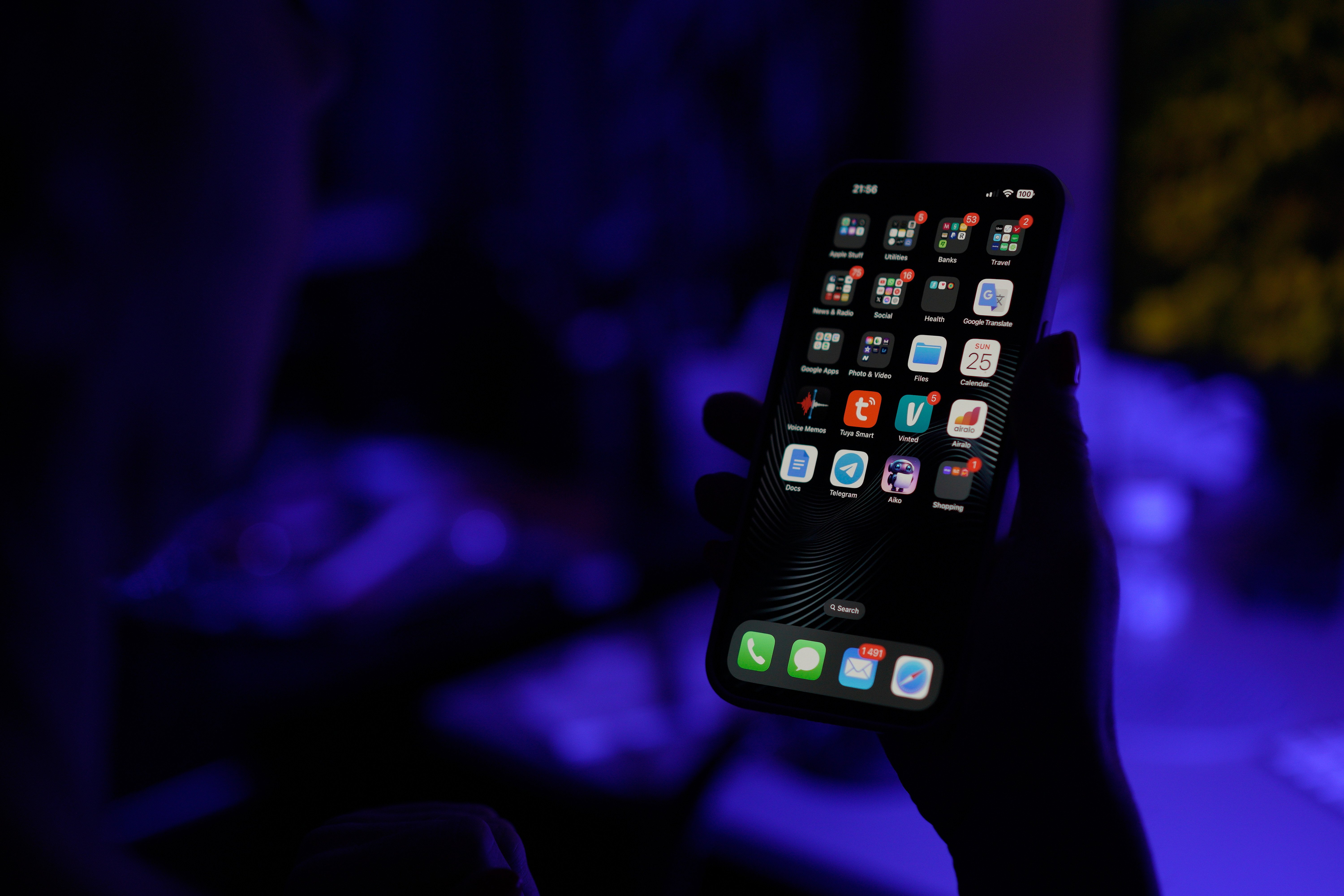Russia Unveils State-Approved Messaging App "MAX" as WhatsApp, Telegram Face Blockade
In a move that signals tightening control over digital communication, the Russian government announced the launch of a new state-approved messaging application called "MAX." This app will be pre-installed on all smartphones sold in the country, as authorities express growing concerns about the potential blockade of popular messaging platforms like WhatsApp and Telegram. The decision has raised alarms among privacy advocates and users who fear increased government surveillance and restrictions on free communication.
Background & Context
The introduction of MAX comes amid escalating tensions between the Russian government and foreign technology companies. Over the past few years, the Kremlin has increasingly scrutinized and regulated internet usage, citing national security concerns. This latest initiative is part of a broader strategy to establish a domestic digital infrastructure that minimizes reliance on foreign platforms, which the government views as potential threats to its information sovereignty.
This shift towards a state-controlled communication environment is not without precedent. Similar situations have unfolded in other countries where governments have sought to limit access to foreign messaging services, often citing concerns over misinformation and external influence. As previously reported, recent developments in Lebanon highlight how political leaders have called for accountability in their own government, reflecting a global trend of scrutinizing the impact of technology on governance.
Key Developments
According to government sources, MAX will integrate a variety of features, including encrypted messaging, voice calls, and video conferencing, all under the auspices of state oversight. Officials have emphasized that the app will comply with Russian laws regarding data storage and user privacy, although critics argue that such compliance may compromise user confidentiality.
As the rollout of MAX begins, there are growing fears that the Russian government may soon block access to WhatsApp and Telegram, which have been popular among the populace for their encryption and user-friendly interfaces. The Ministry of Digital Development has indicated that these platforms do not align with the country’s regulatory framework, suggesting a potential crackdown on their operations. This has led many users to anticipate possible disruptions in their daily communications.
\n\n
Image for Russia Unveils State-Approved Messaging App "MAX" as WhatsApp, Telegram Face Blockade
Broader Impact
The implications of introducing a state-approved messaging service extend beyond mere communication. Experts warn that MAX could become a tool for surveillance and censorship, providing the government with unprecedented access to personal conversations and data. This move has drawn comparisons to similar strategies employed by authoritarian regimes worldwide that prioritize state control over personal freedoms.
Privacy advocates have voiced their concerns, arguing that the government"s push for MAX represents a significant erosion of digital rights in Russia. In a climate of increasing political repression, the app could serve as a means for the government to monitor dissent and stifle free expression. As seen in other regions with heightened governmental oversight, such as in recent protests against authoritarianism, the ability to communicate freely is vital for civic engagement and activism.
What"s Next
As the Russian government prepares to launch MAX, the immediate future will likely see a campaign to promote the app among the public, emphasizing its safety and reliability. However, the potential backlash from users accustomed to the privacy features of apps like WhatsApp and Telegram cannot be overlooked. Many may resist the transition to a state-sanctioned platform, leading to a possible underground movement to maintain access to more secure communication methods.
In the coming weeks, observers will be watching closely for official announcements regarding the status of WhatsApp and Telegram in Russia, as well as public response to MAX. The digital landscape in Russia is poised for significant changes, with implications that could reverberate through the country’s political and social fabric. As previously reported, similar situations in other countries have led to increased tensions and civil unrest, leaving many to wonder how far the Russian government is willing to go in its quest for control over digital communication.

Image for Russia Unveils State-Approved Messaging App "MAX" as WhatsApp, Telegram Face Blockade



![[Video] Gunfire between Iraqi security forces and Sadr militias in Baghdad](/_next/image?url=%2Fapi%2Fimage%2Fthumbnails%2Fthumbnail-1768343508874-4redb-thumbnail.jpg&w=3840&q=75)
